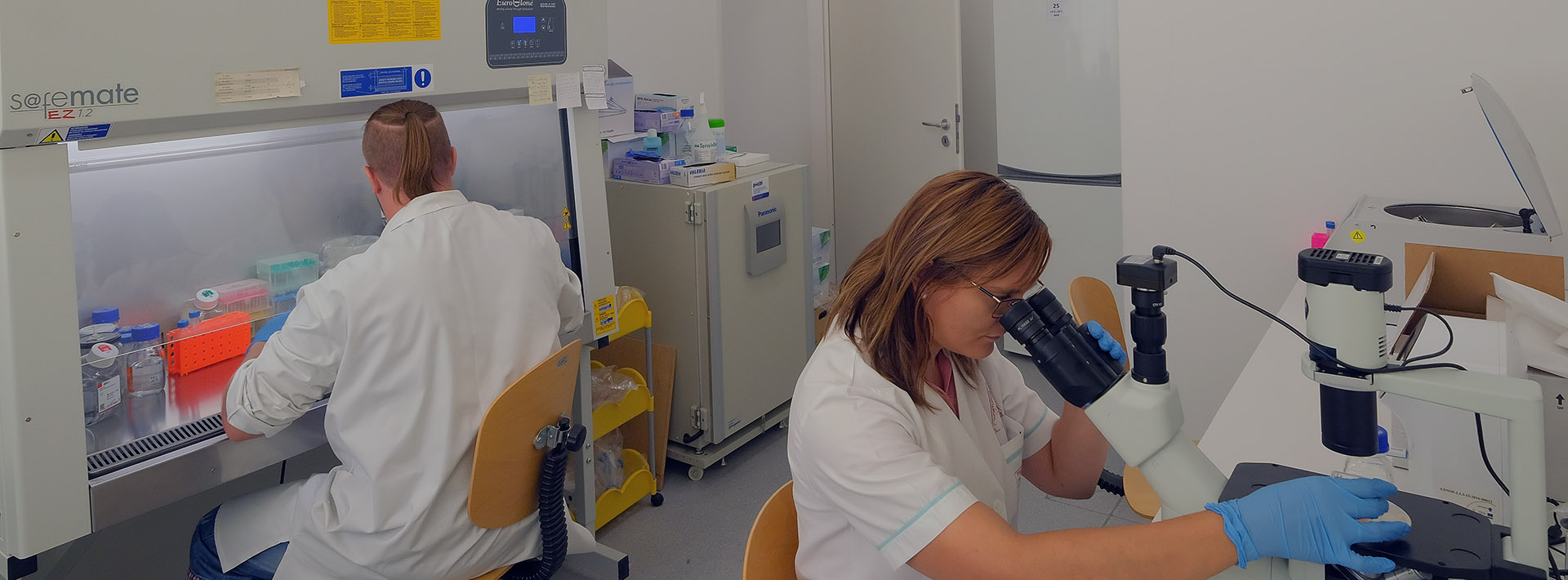Adatok
A Tantárgybejelentőben megadott hivatalos adatok az alábbi tanévre: 2024-2025
Tantárgyfelelős
-
Börzsei Rita Judit
assistant professor,
Óraszámok/félév
előadás: 12 óra
gyakorlat: 0 óra
szeminárium: 0 óra
összesen: 12 óra
Tárgyadatok
- Kód: OXF-CME-h-T
- 1 kredit
- General Medicine
- Optional modul
- spring
Nincs
Kurzus létszámkorlát
min. 5 fő – max. 25 fő
Campus kurzusként elérhető . Campus-karok: ETK KPVK KTK MK TTK
Tematika
Computational molecular engineering is a central, modern field of drug design. Theoretical and practical introduction is provided with details of relevant softwares. A practical, interactive demonstration will be also provided possibly in the computer room (SIOT building). In Journal Club sessions, recent research articles will be featured with the students to deepen their knowledge in the areas discussed during the previous lectures. In this way, the students can discover further connections themselves and make sure of the usefulness of their newly obtained knowledge in molecular engineering. The lectures will take place weekly or (if possible) contracted into 4 blocks.
Előadások
- 1.
Visualization of macromolecules. Programs VMD and PyMol
- Börzsei Rita Judit - 2. Structural measurements, editing and comparisons - Hetényi Csaba
- 3.
An introduction to macromolecular structures. Main features of peptide and protein structures. Experimental sources of structural data of biopolymers
- Börzsei Rita Judit - 4.
Examples on structural variability. The role of conformational disorders of proteins in the pathomechanism of Alzheimer’s and prion diseases. Myosin, the motor protein: same sequence with different structures
- Börzsei Rita Judit - 5.
Surface and volume calculations
- Börzsei Rita Judit - 6.
Simple methods for binding site detection and cavity search. Program PASS
- Börzsei Rita Judit - 7. Hierarchy of calculation methods. Fundamentals of QM - Hetényi Csaba
- 8.
Programs for molecular modeling
- Börzsei Rita Judit - 9. Principles of molecular mechanics (MM). Force fields. Bonding and non-bonding interactions - Hetényi Csaba
- 10.
The general algorithm of MM programs. Program packages. TINKER
- Börzsei Rita Judit - 11.
Journal club 1. Computational methods and strategies of drug design
- Börzsei Rita Judit - 12.
Journal club 2. Complementary approaches
- Börzsei Rita Judit
Gyakorlatok
Szemináriumok
A tananyag elsajátításához szükséges segédanyagok
Kötelező irodalom
Saját oktatási anyag
The material of the course including pdfs of lectures and lists of questions will be made downloadable from the web site of the Department of Pharmacology and Pharmacotherapy or from TEAMS or a link will be provided during the lectures / in an e-mail.
Jegyzet
Ajánlott irodalom
A félév elfogadásának feltételei
- Test writing OR
- Journal Club presentation OR
- Home work
Félévközi ellenőrzések
There is a final test announced at the end of the semester. The test will include multiple choice questions or short essays. A mark is offered according to the results of the written test or optionally by evaluation of the student's presentation prepared for the Journal Club or by the evaluation of a home work. The student can improve the mark according to university regulations.
Távolmaradás pótlásának lehetőségei
Replacement is possible according to personal consultation.
Vizsgakérdések
Lists of questions will be provided at the end of each lecture specifying the required knowledge.
Vizsgáztatók
- Börzsei Rita Judit
- Hetényi Csaba
